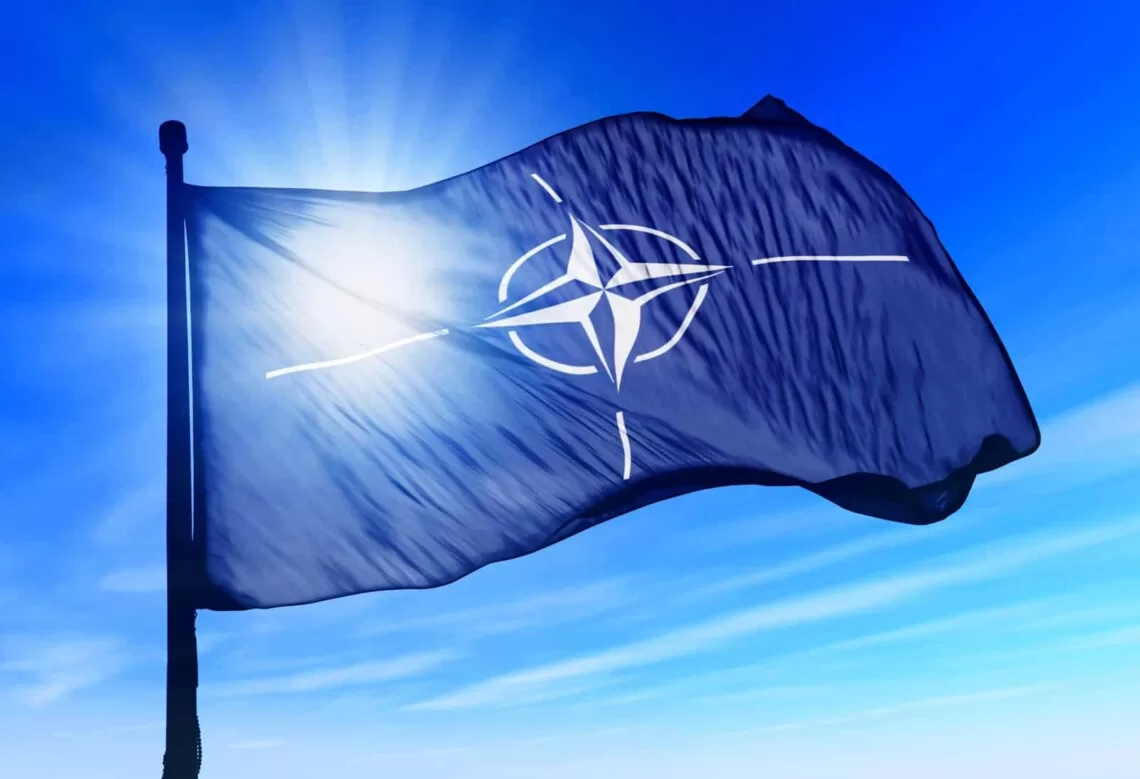This week, as Ukraine marks the 30th anniversary of the Budapest Memorandum, the Ministry of Foreign Affairs issued a sobering statement reflecting on the agreement’s legacy and its profound implications for global security. Signed on December 5, 1994, the Budapest Memorandum was intended to safeguard Ukraine’s sovereignty and territorial integrity in exchange for relinquishing the world’s third-largest nuclear arsenal.
The Memorandum was heralded as a landmark achievement in nuclear disarmament and a model for global non-proliferation efforts. Its signatories — Ukraine, the United States, the United Kingdom, and the Russian Federation — pledged to respect Ukraine’s borders and abstain from the use of force against it. Yet, the document’s assurances were shattered in 2014 when Russia annexed Crimea and later escalated its aggression into a full-scale invasion in 2022.
“The Budapest Memorandum failed to prevent the aggression of the Russian Federation,” the statement reads. “Even the consultations envisaged by the document, which Ukraine has repeatedly tried to initiate, were not held.”
The Ministry emphasized the broader consequences of this failure, noting that Russia’s actions undermined trust in international security frameworks and emboldened other nations to pursue nuclear capabilities. From the Indo-Pacific to the Middle East, the fallout of the Memorandum’s collapse is seen in a rising appetite for nuclear arsenals, threatening global stability.
The Ministry described the Budapest Memorandum as a “monument to short-sightedness in strategic security decision-making.” It criticized the lack of binding security guarantees for Ukraine in the 1990s, a vacuum exploited by Moscow, and urged corrective action.
Ukraine reiterated its demand for clear, legally binding security guarantees, with a decisive call for full NATO membership as the ultimate safeguard against Russian aggression. The statement underscored that NATO membership is not only crucial for Ukraine but also essential for restoring faith in nuclear disarmament and reinforcing global non-proliferation norms.
“We will not accept any alternatives, surrogates or substitutes for Ukraine’s full membership in NATO,” the Ministry declared, urging swift action from NATO allies to counter Russian blackmail and secure Ukraine’s place in the Euro-Atlantic community.
The anniversary serves as a poignant reminder of the fragile balance of international security and a call to strengthen mechanisms that uphold sovereignty and peace.
